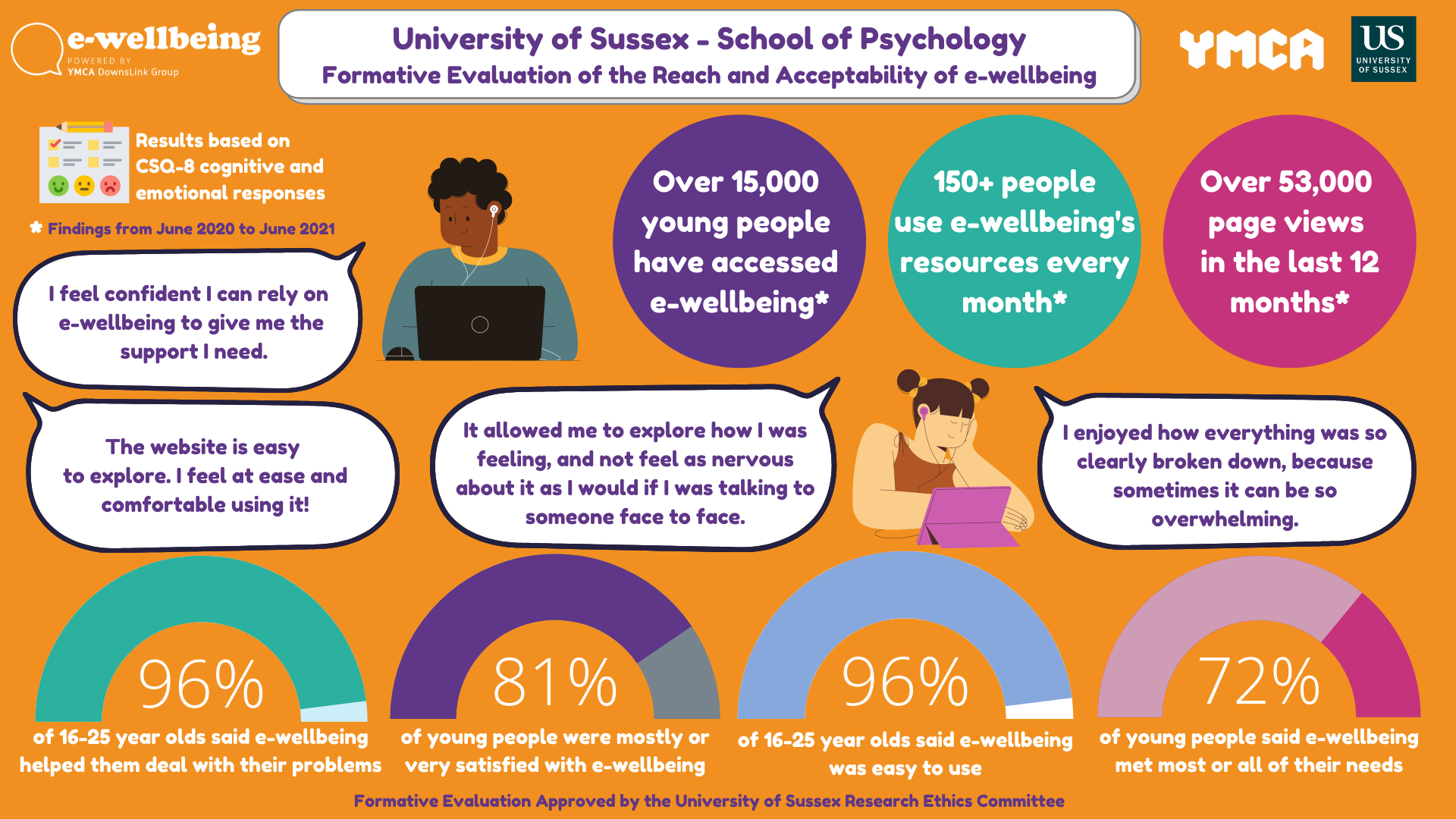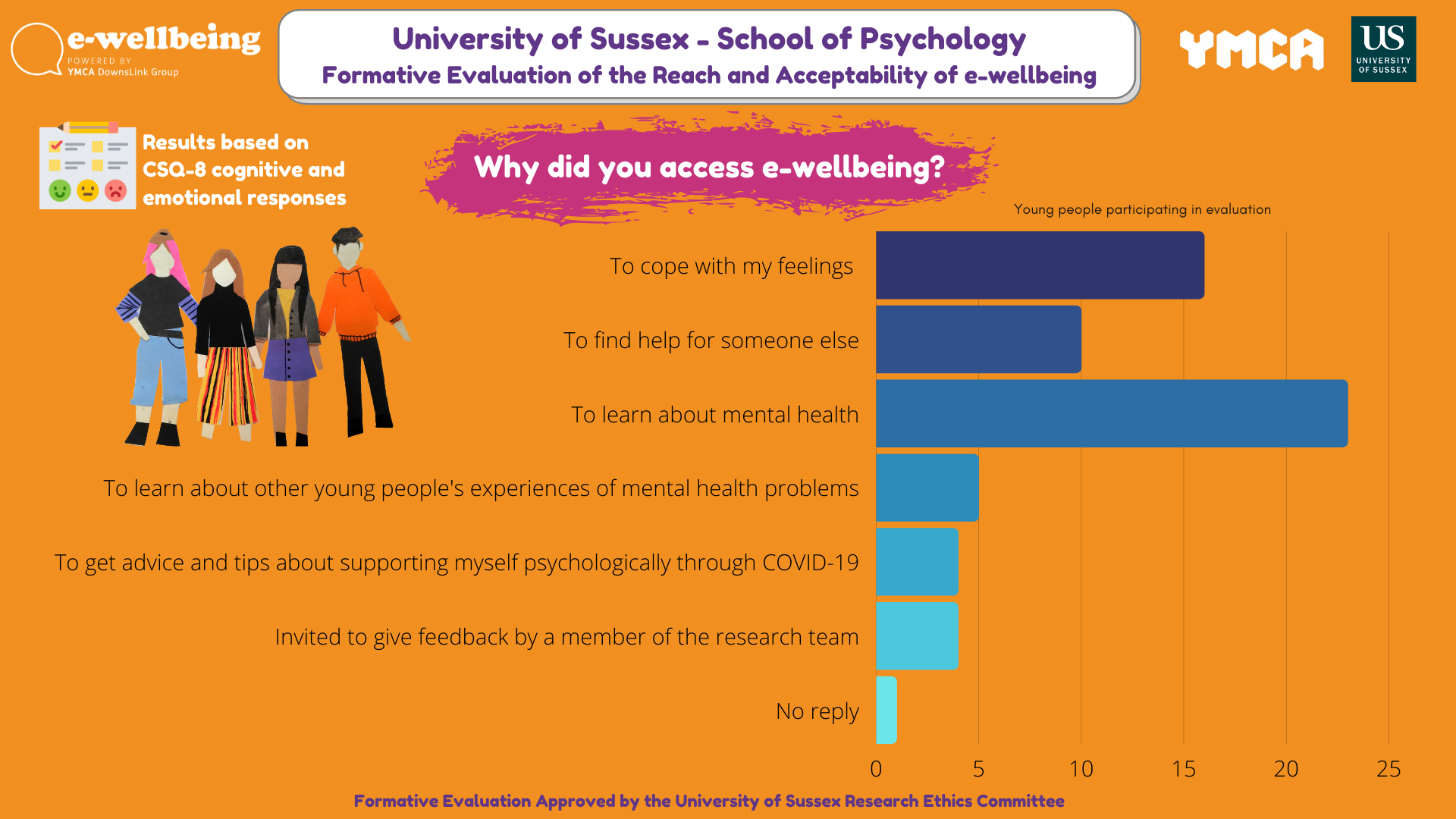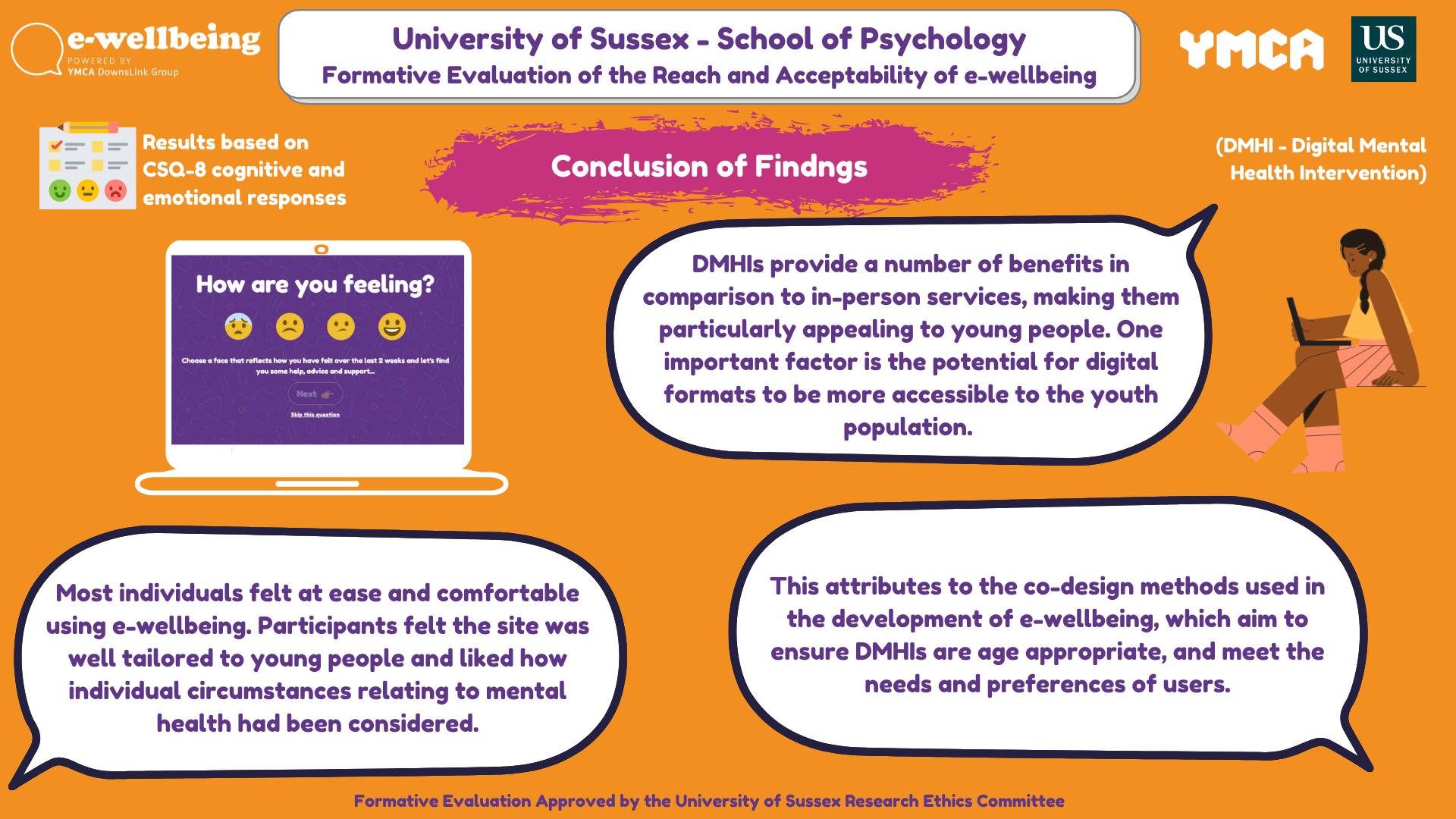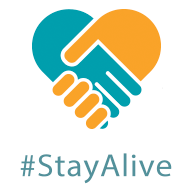We are delighted to announce the School of Psychology at the University of Sussex has conducted an independent evaluation and formal review of e-wellbeing. The formative review assessed e-wellbeing’s reach and acceptability, as a suitable digital mental health intervention (DMHI) supporting young people’s emotional health and wellbeing.
e-wellbeing is an NHS approved digital wellbeing service, co-designed with young people at the height of the pandemic to respond to increasing levels of mental health difficulties impacting young people. The digital platform gives young people access to psychoeducation, practical advice, and options to find the right support in a simple and effective way.
The COVID-19 pandemic has affected children and young people in many ways, and surprisingly, more than half of young people aged 16-25 years with a mental health condition have little or no access to the support they need. Research shows digital platforms like e-wellbeing provide a number of benefits including flexibility, accessibility, reach and anonymity; this makes them particularly appealing to adolescents who may be unable, or do not wish, to access traditional services.

Approved by the University of Sussex’s Research & Ethics Committee, a mixed-methods approach was used to assess the reach and acceptability of e-wellbeing. The study involved the participation of 47 young people, aged 16-25, from the UK and abroad. Around 58% identified themselves as female, 40% identified as male, and 2% stated ‘other.’ The majority of young people involved in the research (67%) were in school or higher education, with the remaining (33%) employed or seeking employment.
The following infographics share various findings from the University of Sussex's formative evaluation, including why the young people involved in this research had accessed e-wellbeing, and qualitative feedback on their direct experiences of using the site. Findings revealed 96% of young people said e-wellbeing helped them deal with their problems, and 81% of those interviewed were mostly or very satisfied with e-wellbeing. Respondents also fed back that they felt at ease using the platform and wanted to see an increase in profile-raising publicity activities, so more young people are aware of the platform.

In summary, the School of Psychology at the University of Sussex, found e-wellbeing is a digital mental health intervention (DMHI) that effectively supports young people's emotional health and wellbeing, and demonstrates acceptability among a selection of its users. See infographic below for additional feedback. These results will be used to inform ongoing developments of e-wellbeing to help us increase accessibility to young people, optimise its reach, and further improve the acceptability of the site.
For more information on the findings within this report, contact Nicola Harvey, Digital & Engagement Lead, from YMCA DownsLink Group at [email protected].




